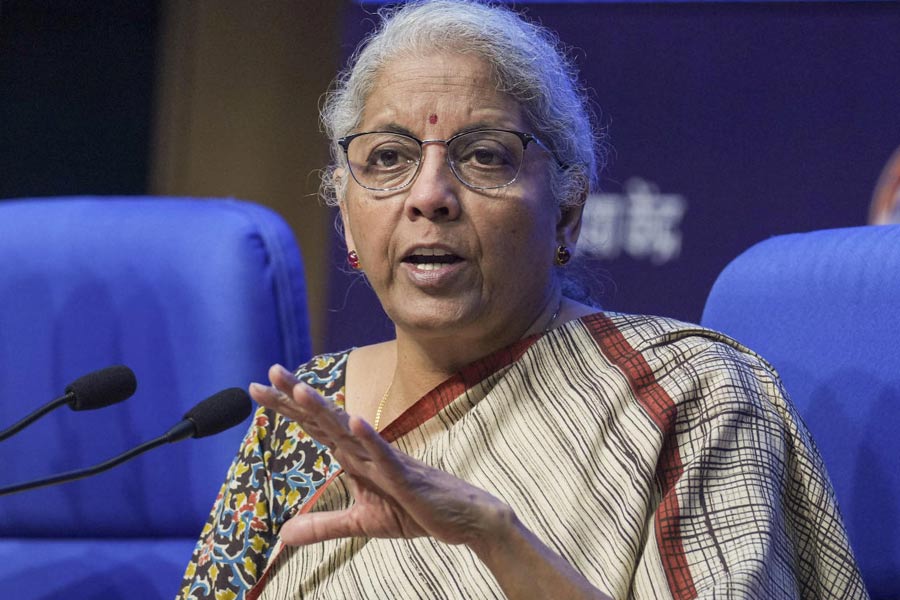India plans to overhaul more than 200 state-run firms to make them more profitable, signalling a departure from PM Narendra Modi’s aggressive privatisation programme that has struggled to take off, government sources said.
The programme to privatise a major portion of India’s lumbering $600 billion state sector announced in 2021, had slowed ahead of the general election and now faces more resistance after Modi lost his majority in Parliament.
Expected to be unveiled as part of the budget on July 23 by finance minister Nirmala Sitharaman, the new plans include selling large parcels of underutilised land owned by these companies and monetisation of other assets, said two officials.
Some aspects are yet to be fine-tuned, they added. The aim is to raise $24 billion in the current April-March fiscal year and re-invest the funds in the companies, while setting five-year performance and production targets for each company, instead of short-term targets.
The plans to overhaul state firms have not been reported previously.
The officials declined to be identified as they were not authorised to speak on confidential deliberations. The finance ministry did not respond to requests for comment.
In an interim budget presented before the election, the government did not provide any figures on stake sales for the first time in more than a decade.
“The government is shifting focus from indiscriminate asset sales to enhancing intrinsic value of state-owned companies,” said one of the officials.
The 2021 announcement to sell most state-run companies included two banks, one insurance company and firms in steel, energy and pharmaceutical sectors besides closure of loss-making companies.
But India has been able to only complete the sale of debt-ridden Air India to the Tata group, while rolling back plans to sell some others. Only a 3.5 per cent stake in LIC has been sold besides shares in few other companies.
Hardeep Puri, India’s oil minister, said last week a plan to sell state-owned Bharat Petroleum Corp was no longer on the table as the company was making almost as much profit in a year as the price it was to be sold for.
Sunil Sinha, chief economist at India Ratings, the local arm of Fitch ratings agency, said the sale of government companies, marred by llegations of “selling family silver” at a cheaper price, would be difficult to push after Modi’s reduced majority in parliament.
“This (privatisation) can actually snowball into a political slugfest...recouping it may become very difficult and they may have to pay a political price for it.”
Despite hurdles in privatisation and stake sales, the overall market valuation of state-run firms has more than doubled in the past one year on hopes of reforms in the sector.
The BSE PSU index, which tracks state-owned companies, has surged over 100 per cent in the last one year, outperforming the benchmark BSE Index’s 22 per cent rise.
“We find the valuations of many PSU stocks to be quite bizarre, when compared with their fundamentals,” Sanjeev Prasad of Kotak Institutional Equities said in a note.
But the government views the market’s response as a mark of investor confidence, said a senior official at the NMDC, India’s state-run iron ore company.
Reuters











